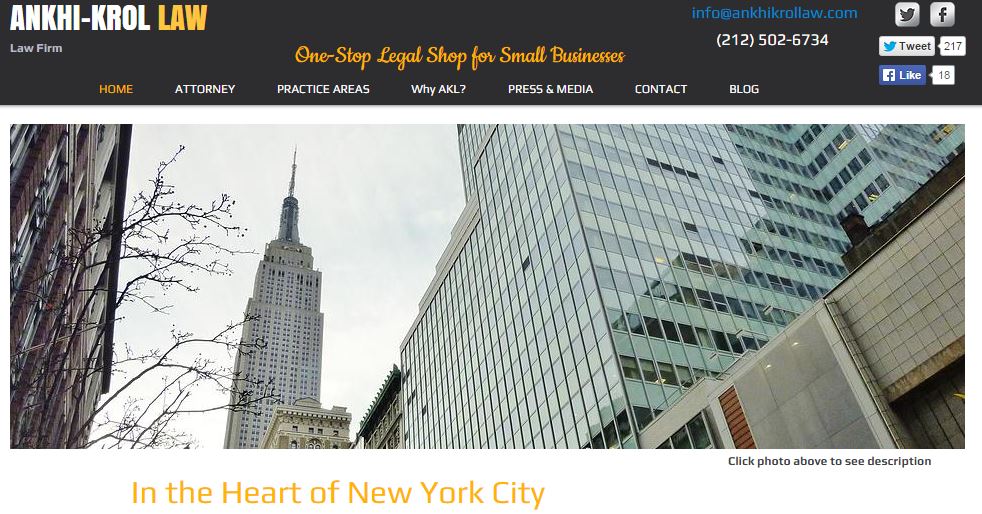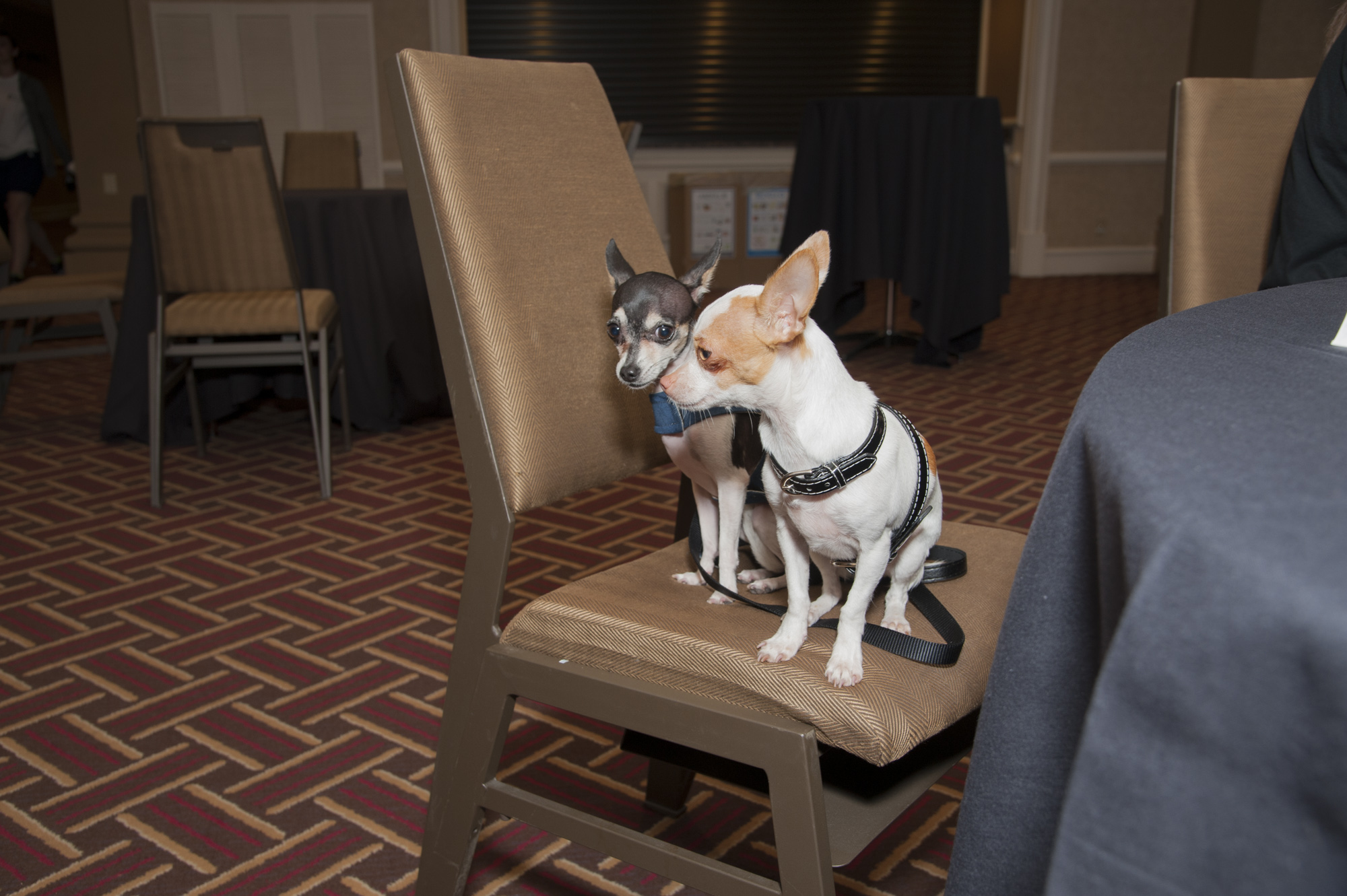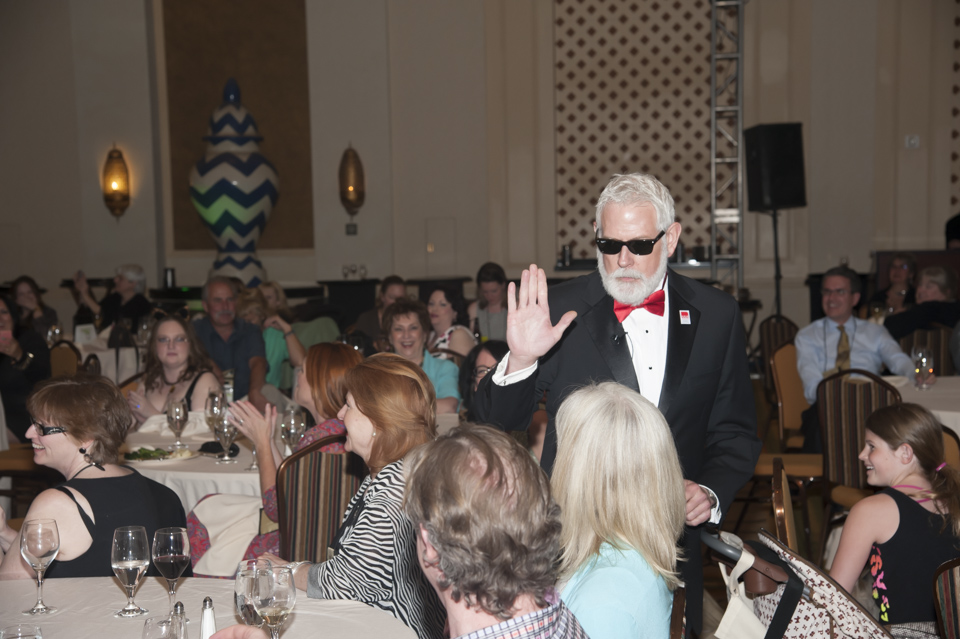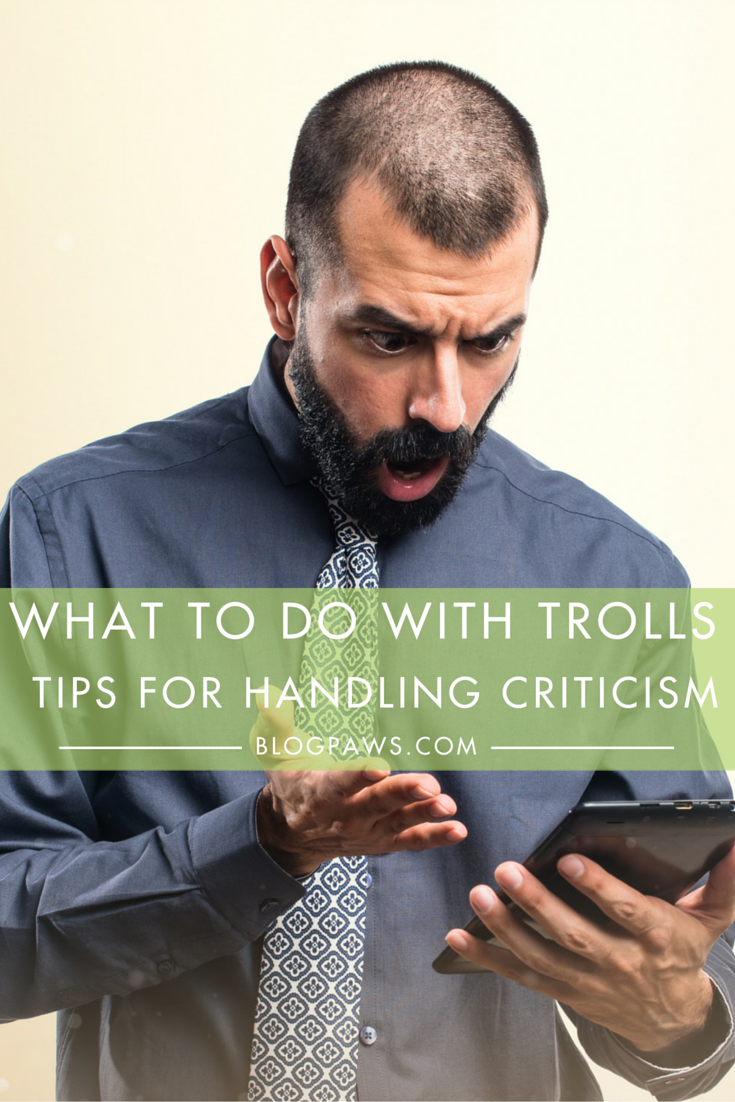Copyright and Work for Hire: What Bloggers Need to Know
Post by BlogPaws CEO, Yvonne DiVita
Is a blogger a writer? Blogs involve writing, after all.
Yes, I would say bloggers are writers.
Can a person who blogs be considered a professional writer? A writer that is paid for her work?
Yes, in today’s world, many bloggers are paid for the work they produce via their writing on their blog. The reality is a bit more complicated than just that, but for our purposes, yes, bloggers can be and are considered professionals, today.
If all of this is so, what rights do bloggers maintain … if they are producing paid content? Is the content theirs or… does it belong to the person/brand who hired them? Is copyright a static, given right? Forever?
This question came up around the pet community this week. I was fortunate enough to be part of it. Let me give you the basic details:
A blogger with a popular blog – we’ll call the blogger Sam (could be for Samantha or Sam, we aren’t telling, this isn’t about the blogger, it’s about the situation)- whose blog is updated on a regular basis, has a following and has good content, was approached to write a post for another blogger – we’ll call the “other” blogger MBD. This post was going to be part of a campaign outside of BlogPaws that MBD was involved in. None of this has to do directly with BlogPaws.
Sam was happy to accept the job, payment was decided, product was delivered and the post was written. Within the post, Sam added pictures, of course. As a good blogger, Sam watermarks the pictures in all posts. Who wouldn’t? The post was sent to MBD… and trouble began.
MBD wrote to Sam insisting Sam watermark the pictures in the post with MBD’s blog name. In other words, MBD paid for the post and wanted all credit for the post, including the MBD name on the photos – photos of Sam’s fur kids! I will say here that payment is somewhat irrelevant, however, between you, me and the lamppost, payment was well below what it should have been. BlogPaws needs to have a workshop on negotiation, I think.
What’s a blogger to do? This was not Sam’s understanding – that the work done would become the property of the hiring individual. Sam expected the content copyright to remain with Sam… payment was for time and services. Clearly, MBD did not agree. The job seemed to be a work for hire. That meant, MBD owned the content, including the pictures.
What is a work for hire? Now, there’s a good question.
According to Wikipedia: A work made for hire (sometimes abbreviated as work for hire or WFH) is a work created by an employee as part of his or her job, or a work created on behalf of a client where all parties agree in writing to the WFH designation. It is an exception to the general rule that the person who actually creates a work is the legally recognized author of that work. According to copyright law in the United States and certain other copyright jurisdictions, if a work is “made for hire”, the employer—not the employee—is considered the legal author. In some countries, this is known as corporate authorship. The entity serving as an employer may be a corporation or other legal entity, an organization, or an individual.[1]
Clear as pea soup?
In our case, the blog post and pictures “might” have been construed by MBD as a work for hire. They were not construed as such by Sam. The email in question, inviting Sam to do the post, does not constitute the “in writing” part of the explanation above, from Wikipedia, primarily because it did not spell out “work for hire” and Sam did not agree to said “work for hire” in writing.
The conversation that ensued on social media was a treat to watch. All of us — we bloggers ,who blog — for free or not… have our version of the “truth.” Few, if any of us, haven’t heard the words “work for hire” and most of us, I think, have a rudimentary understanding of what that means. However, as I watched this conversation move on, I began to wonder, “Within the blogosphere, how exactly does a ‘work for hire’ work?”
When I blog for myself or anyone else, no matter what the payment (free product, cash or both), the copyright remains with me. Me. Mine. The law says copyright remains with the creator. Yay! Except when it doesn’t. That’s where work for hire comes in. That’s where we bloggers need to become informed and educated.
I am not a lawyer. I don’t even play one on TV or the Internet. As I watched the conversation unfold, only one person admitted to having a legal background and even that person admitted no experience or training in copyright and work for hire, so… though giving an opinion, the advice shared was just an opinion.

I decided to take it to the lawyers who will be joining us at BlogPaws, in Nashville. Paul Jorgensen, of The Jorgensen Law Firm, PLLC in Washington, DC will be talking to bloggers about contracts and Shahrina Ankhi-Krol of Ankhi-Krol Law, will be discussing copyright. I wrote to them, shared basically what I’ve shared here, and this is how they responded.
From Paul:
Yvonne:
Interesting question.
Was there anything written down? Sounds like there was not. If not, we look to the regular practice of bloggers. If that regular practice among bloggers is to retain title and copyright in content, then the hiring blogger has no basis to alter the works (the writing or the photo). “Work for Hire” is not a default position – just because someone pays you for something does not mean they own it. Work for hire generally needs to be deliberately stated in writing and each party needs to agree to that. Even if it is clearly stated in a written agreement, there are states that reject work for hire transfers, especially of creative works.
Best situation for both bloggers in the future: WRITE IT DOWN. I will be driving this home in my session at BlogPaws!!
Best, Paul
(see a pattern here: Wikipedia said the same thing)
From our copyright presenter, she shared a post she wrote recently. It discusses who owns the copyright in a case of a photographer. Similar to our situation, though not quite the same. Still, it helps put things in perspective. Go read her post. Here’s an excerpt to entice you:
Photographers have asked me that question on various occasions. Two of the most common times that that question is presented to me are:
a) when a photographer is on the verge of a big project; and
b) when a dispute arises between the photographer and his/her clients.
Generally, copyright belongs to the creator of the original work. In this instance, generally, the copyright would belong to the photographer as he/she is the creator of the photographs, assuming that the photograph in question is original.
However, like most other aspects in business, a photographer can contract away his/her copyright to the client. Often times, in when a photographer engages in major projects, such as engagement and wedding photography, the client(s) want the copyright to the photos that are shot by the photographer.
CopyrightOffice-Circ09-WorksMadeForHire.pdf
To muddy the waters just a little more, Tom visited the Copyright Office and learned, “…, unless you’re an employee, all the other independent contractor situations listed depend on the clause “if the parties expressly agree in a written instrument signed by them that the work shall be considered a work made for hire.”
Which is the “get it in writing” part of everything said about copyright and work for hire, in this post. The copyright office has a PDF (link above) which you can download to educate yourself, but your best bet is to come to the conference and talk to our experts, the lawyers who have studied this topic and who have graciously accepted our invitation to come and teach it to us.
In the end, a key point is to be aware of your rights, protect your copyright, and know when to negotiate. Don’t assume anything. Get it in writing.
p.s. all worked out for Sam. will it work out for you, next time? (Photo Shutterstock: Group of animals)







